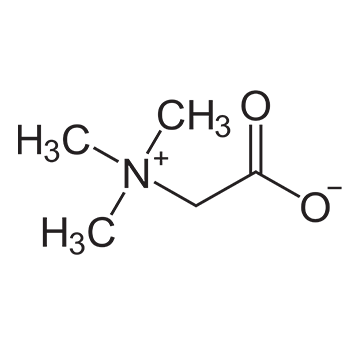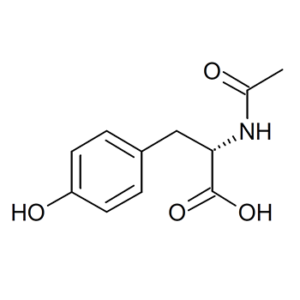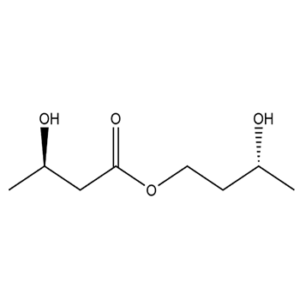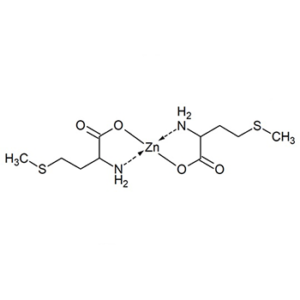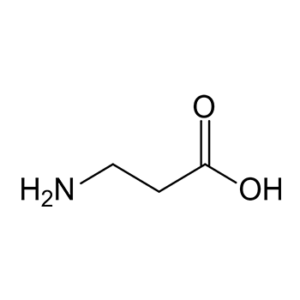Betaine Anhydrous, also known simply as betaine or trimethylglycine (TMG), is a naturally occurring compound found in foods like beets, spinach, seafood, and whole grains. It plays a crucial role in several physiological processes, particularly in supporting liver function, cellular health, and cardiovascular wellness. Here are some of the health benefits associated with betaine anhydrous:
1. Supports Heart Health
Betaine anhydrous helps lower levels of homocysteine, an amino acid in the blood that, when elevated, is associated with an increased risk of heart disease and stroke. By supporting the methylation process, betaine converts homocysteine into methionine, a benign amino acid, thus reducing cardiovascular risk.
2. Enhances Athletic Performance
Betaine anhydrous is popular in the fitness community due to its ability to enhance physical performance. It has been shown to improve muscle strength, power output, and endurance during high-intensity exercises. Betaine may also help with muscle recovery by reducing muscle soreness post-exercise.
3. Supports Liver Health
Betaine is essential for healthy liver function, as it aids in the process of fat metabolism. It helps prevent the accumulation of fat in the liver (non-alcoholic fatty liver disease or NAFLD) by promoting the conversion of fats into energy. Betaine supports liver detoxification and protects against liver damage caused by toxins or alcohol.
4. Improves Digestive Health
Betaine hydrochloride (HCl), a form of betaine, is often used to support digestive health. It increases stomach acid production, which aids in the proper digestion of food, particularly proteins, and promotes nutrient absorption. Betaine HCl is often used as a supplement to treat conditions like hypochlorhydria (low stomach acid).
5. Promotes Cellular Health
As a methyl donor, betaine plays a key role in methylation, a critical biochemical process that occurs in cells. Methylation is essential for DNA repair, gene regulation, and detoxification. This makes betaine important for overall cellular health, detoxification, and gene expression.
6. Supports Healthy Body Composition
Betaine anhydrous may help support fat loss and improve body composition by enhancing fat metabolism. Some studies suggest that betaine supplementation can lead to a reduction in body fat while preserving lean muscle mass, making it beneficial for weight management.
7. Improves Mood and Cognitive Function
By supporting the methylation process, betaine can contribute to the production of neurotransmitters like serotonin and dopamine, which are vital for regulating mood and cognitive function. This can potentially help alleviate symptoms of depression, anxiety, and mental fatigue.
8. Boosts Immune Function
Betaine plays a role in maintaining a healthy immune system. By supporting cellular methylation, it enhances the body’s ability to produce and repair immune cells, helping the body respond more effectively to infections and inflammation.
9. Regulates Blood Sugar Levels
Some studies suggest that betaine may help regulate blood sugar by improving insulin sensitivity. This could potentially make it beneficial for individuals with type 2 diabetes or those at risk of developing insulin resistance.
10. Protects the Kidneys
Betaine helps protect the kidneys from damage, particularly in individuals with high homocysteine levels. It has been shown to reduce kidney inflammation and protect against certain kidney diseases, thus supporting renal health.
Disclaimer: The product information here is for general information use only. These statements have not been evaluated by the Food and Drug Administration or any other regulatory body or organization. These products are not intended to diagnose, treat, cure or prevent any disease.
